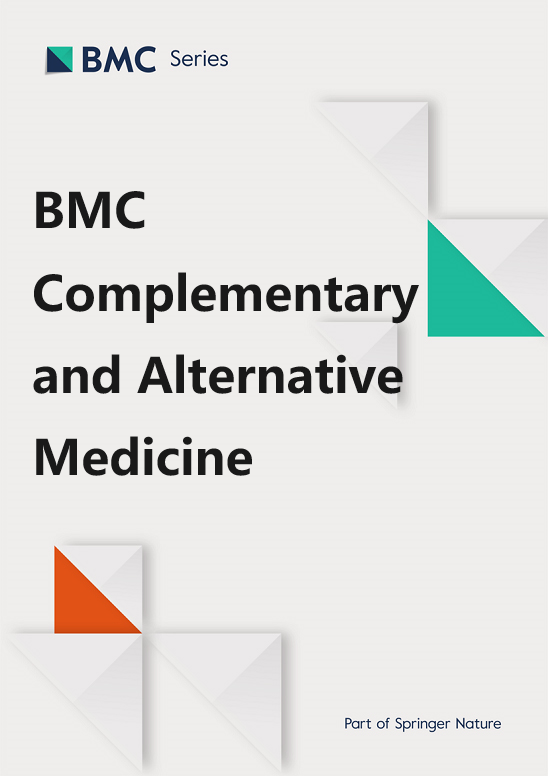Views of Hong Kong Chinese medicine practitioners on the application of the “Chinese Medicine Anti-epidemic Plans” prepared by the Chinese medicine expert group of central authorities: a focus group study
IF 3.4
2区 医学
Q1 Medicine
引用次数: 0
Abstract
Drawing on the extensive utilization of traditional Chinese medicine (TCM) to combat COVID-19 in Mainland China, experts designed a series of TCM anti-epidemic strategies. This study aims to understand Hong Kong CM practitioners’ application of and opinions on the “Chinese Medicine Anti-epidemic Plans.” Online focus group interviews were conducted, and purposive sampling was employed to invite 22 CM practitioners to voluntarily participate in three interview sessions. The interviews were audio recorded, then transcribed verbatim. The transcripts were analyzed using template analysis. Three themes were derived: (1) facilitators of the “Chinese Medicine Anti-epidemic Plans,” (2) barriers of the “Chinese Medicine Anti-epidemic Plans,” and (3) expectations on improving the “Chinese Medicine Anti-epidemic Plans.” The participants could obtain relevant information from various sources, which highlights the value of the plans for TCM medicinal cuisine and non-pharmacologic therapies and guiding junior CM practitioners, supplementing Western medicine interventions, and managing Chinese herb reserves in clinics. However, the barriers included the lack of a specialized platform for timely information release, defective plan content, limited reference value to experienced CM practitioners, and lack of applicability to Hong Kong. The expectations of the CM practitioners for improving the plans were identified based on the barriers. To enhance the implementation of the anti-epidemic plans, CM practitioners in Hong Kong expect to utilize a specific CM platform and refine the plans to ensure that they are realistic, focused, comprehensive, and tailored to the local context.香港中医师对应用中央中医药专家组编制的 "中医药防疫计划 "的意见:焦点小组研究
根据中国大陆广泛使用传统中医药防治 COVID-19 的经验,专家们设计了一系列中医药抗疫策略。本研究旨在了解香港中医师对 "中医药抗疫计划 "的应用及意见。本研究以网上焦点小组访谈形式进行,并采用目的性抽样,邀请 22 位中医师自愿参与三次访谈。访谈进行了录音,然后逐字记录。访谈记录采用模板分析法进行分析。得出三个主题:(1)"中医药防疫计划 "的促进因素;(2)"中医药防疫计划 "的障碍;(3)对改进 "中医药防疫计划 "的期望。与会者可以从各种渠道获得相关信息,这凸显了中医药药膳和非药物疗法计划的价值,以及对初级中医师的指导、对西医干预措施的补充和诊所中草药储备的管理。然而,障碍包括缺乏及时发布信息的专业平台、计划内容有缺陷、对有经验的中医师的参考价值有限以及缺乏对香港的适用性。根据这些障碍,确定了中药从业人员对改进计划的期望。为加强防疫计划的实施,香港的中药从业人员期望利用专门的中药平台,完善防疫计划,确保防疫计划切实可行、重点突出、内容全面,并符合本地实际情况。
本文章由计算机程序翻译,如有差异,请以英文原文为准。
求助全文
约1分钟内获得全文
求助全文
来源期刊

BMC Complementary and Alternative Medicine
INTEGRATIVE & COMPLEMENTARY MEDICINE-
CiteScore
7.00
自引率
0.00%
发文量
0
审稿时长
3 months
期刊介绍:
BMC Complementary Medicine and Therapies is an open access journal publishing original peer-reviewed research articles on interventions and resources that complement or replace conventional therapies, with a specific emphasis on research that explores the biological mechanisms of action, as well as their efficacy, safety, costs, patterns of use and/or implementation.
 求助内容:
求助内容: 应助结果提醒方式:
应助结果提醒方式:


